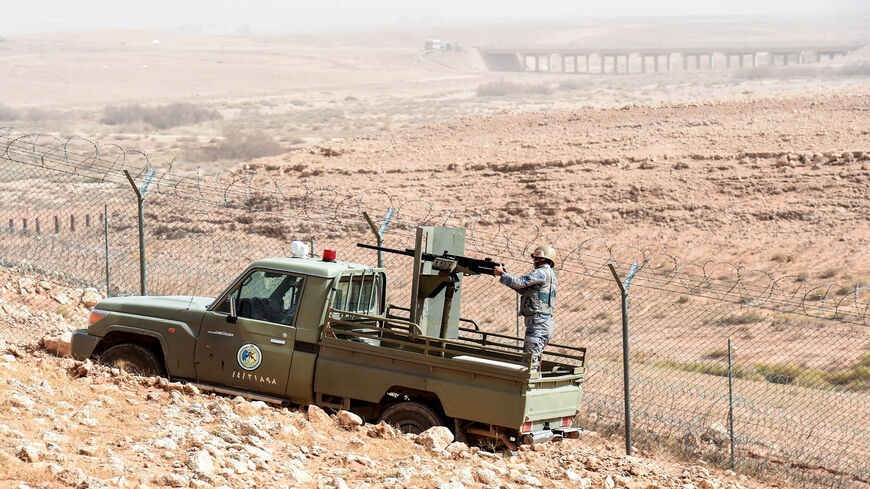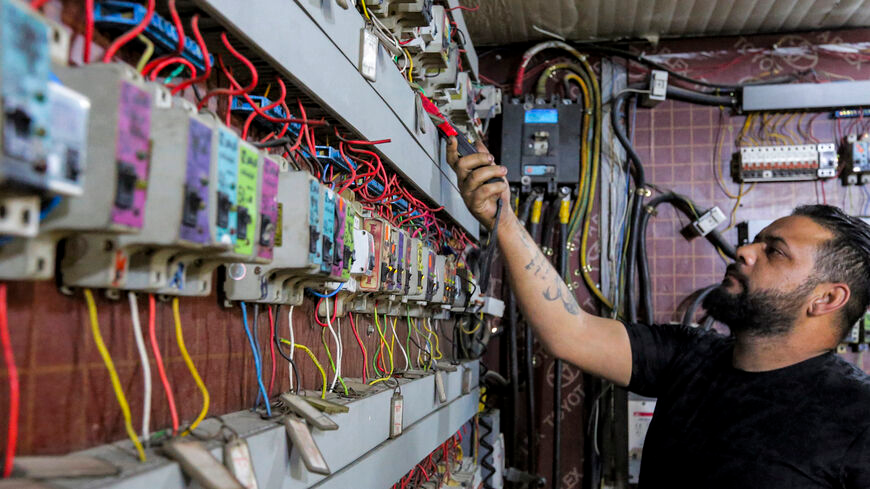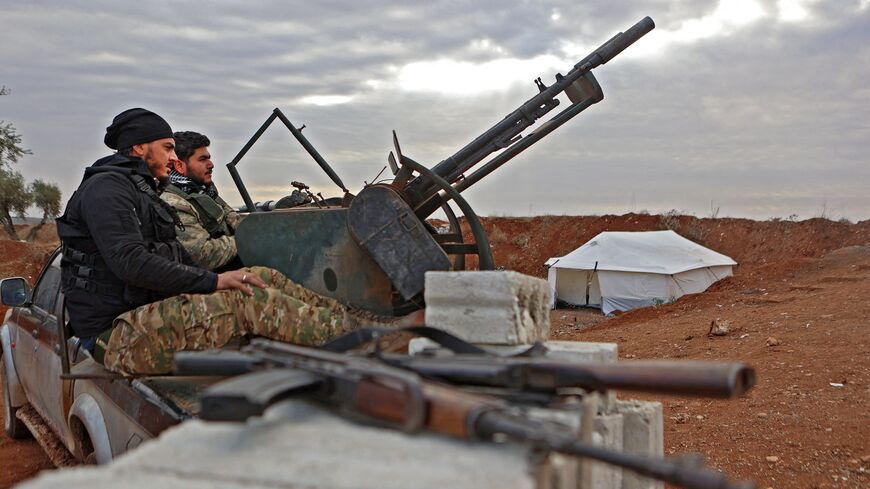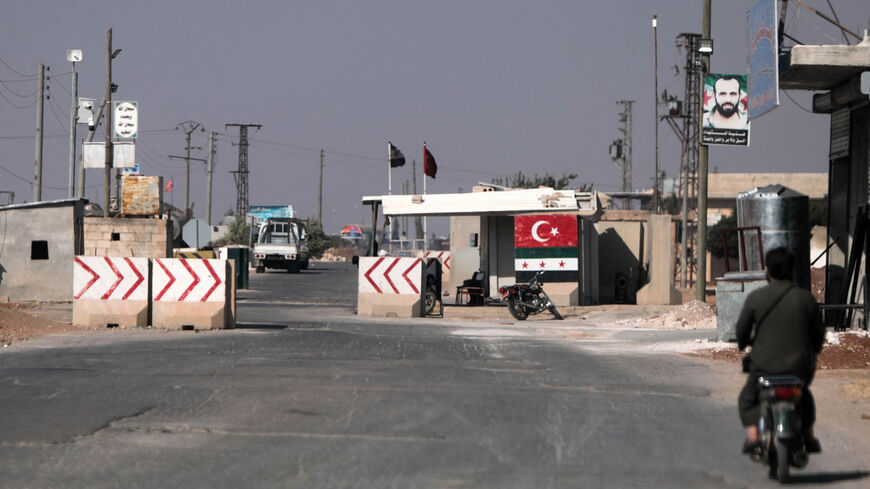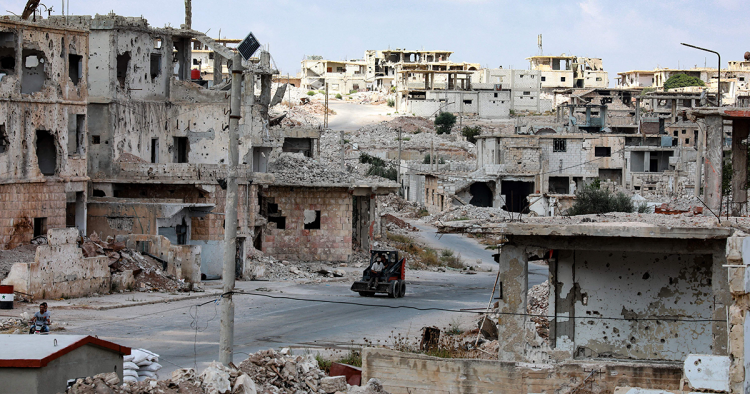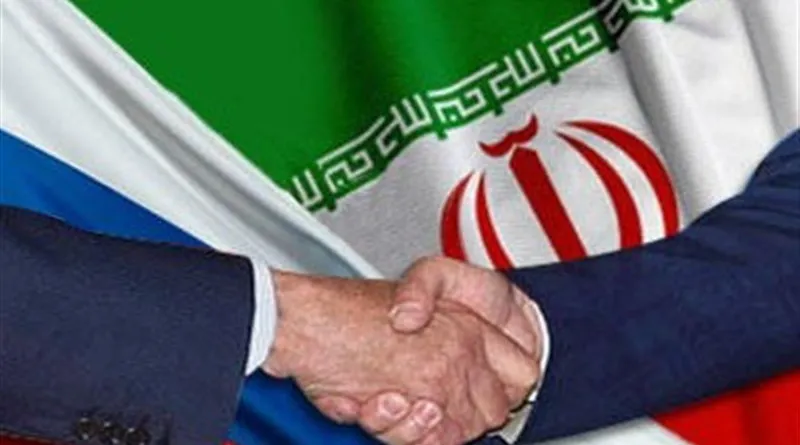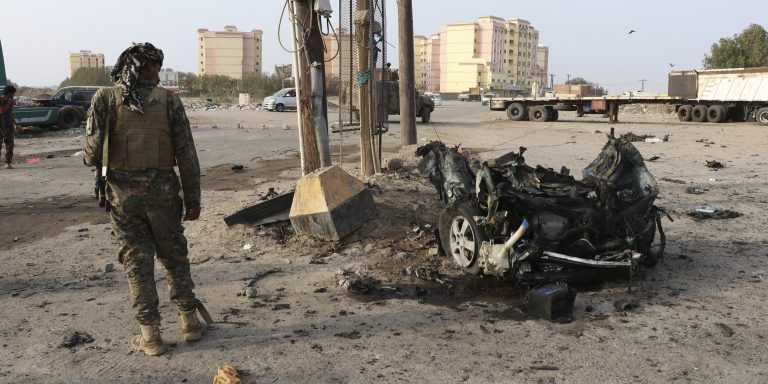Polisario : Une entité terroriste de l’Iran basée au nord de l’Afrique
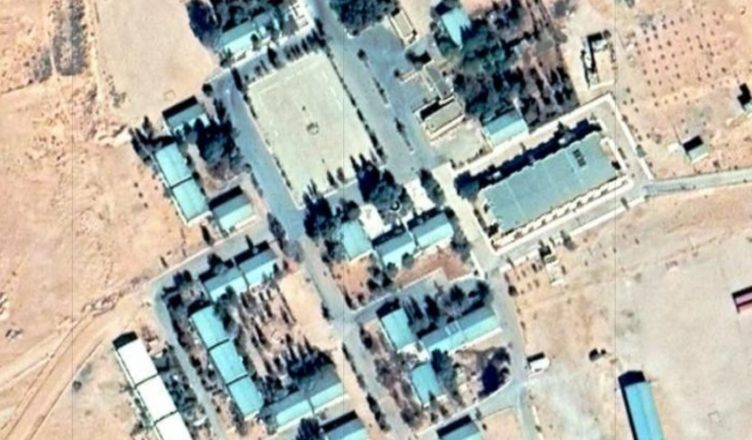
Le régime militaire algérien, qui a fait appel à l’Iran depuis quelques années, se dote de matériels militaires, y compris des drones fournis par les mollahs iraniens pour équiper son armée, selon plusieurs sources diplomatiques et sécuritaires, au moment où les parlementaires européens ne cessent de dénoncer le Front Polisario de Brahim Ghali ainsi que ses connexions avec le Hezbollah libanais et les gardiens de la révolution iranienne.

